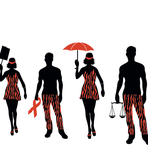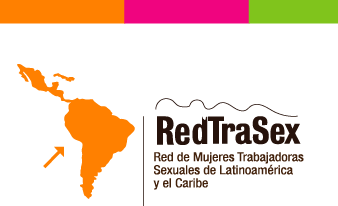«This study examines lived experiences of gender-based violence as faced by lesbian, bisexual, and queer (LBQ) women, transgender people, and female sex workers in Burundi, Kenya, Uganda and Tanzania. The study examines how state efforts to exercise control over women’s bodies, combined with patriarchal social systems, result in a wide array of types of violence. As Ugandan feminist lawyer Sylvia Tamale goes on to say in her introduction to the anthology African Sexualities, such systems of control have origins in British colonialism, at which time «A new script, steeped in the Victorian moralistic, antisexual and body-shame edicts, was inscribed on the bodies of African women and with it an elaborate system of control. The instrumentalization of sexuality through the nib of statutory, customary and religious law is closely related to women’s oppression and gender constructions.» Post-independence governments discovered that sexuality could be instrumentalized to suit their needs, too. Over 50 years since colonial power was vanquished on much of the African continent, patriarchal power over women’s bodies and sexualities persists.»
Ver






